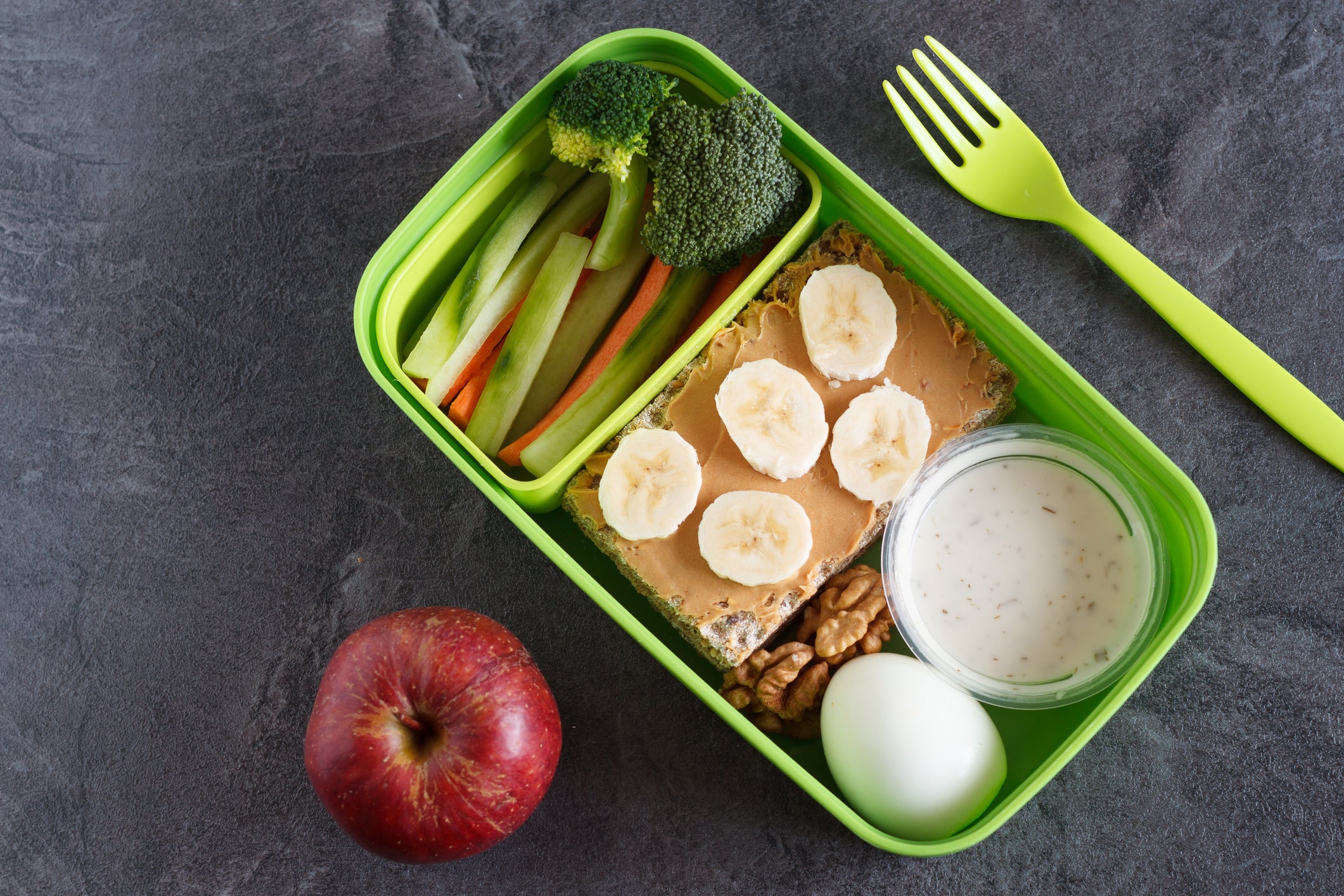
Eating a snack late at night carries significantly more negative health implications compared to snacking during the day, a new study has found.
According to researchers at King’s College London, people who eat most of their snacks in the evening after 9pm saw larger spikes in their blood sugar compared to those snacked earlier in the day.
The group who snacked later also had higher concentrations of fat in their blood compared to those who snacked earlier.
The researchers studied data from 1,000 people who took part in the Zoe Predict study. The participants kept a food diary and wore blood sugar monitors in order to keep track of the impact of snacking.
On average, they ate two snacks a day, with one in three “late evening snackers” eating most of their snacks after 9pm instead of between meals.
High blood sugar and fat can lead to diabetes and heart disease, studies have found. People with diabetes are also more likely to have other conditions that raise the risk of heart disease, such as high blood pressure.
The Zoe Predict project is a group of in-depth nutritional research studies that aim to reveal how and why people respond differently to the same foods.
Kate Bermingham, a postdoctoral fellow at King’s College London and lead author of the study, said: “Surprisingly little has been published on snacking, despite the fact that it accounts for 20 to 25 per cent of energy intake.
“Predict followed a large number of people and captured detailed information on their snacking behaviours, allowing this in-depth exploration of snacking on health.”
Researchers analysed the relationship between the number of snacks participants ate, the quality of the snacks and the timing with blood fats and insulin levels.

Snacking on higher quality foods, which are described as foods that contain significant amounts of nutrients relative to the calories contained, was associated with better bodily responses.
The study concluded that the most important factor in determining the body’s response is the quality of snacks, not how often or how much they are consumed.
Foods like fruit or vegetables resulted in a better blood fat and insulin response compared to processed foods, such as biscuits and cake.
Bermingham added: “Our study showed that the quality of snacking is more important than the quantity or frequency of snacking, thus choosing high quality snacks over the highly processed snacks is likely beneficial.
“Timing is also important, with late night snacking being unfavourable for health. This may mean that, universally, snacking late in the evening and interrupting the overnight fasting window is detrimental to health.”
The study was presented at a meeting of the American Society for Nutrition.







